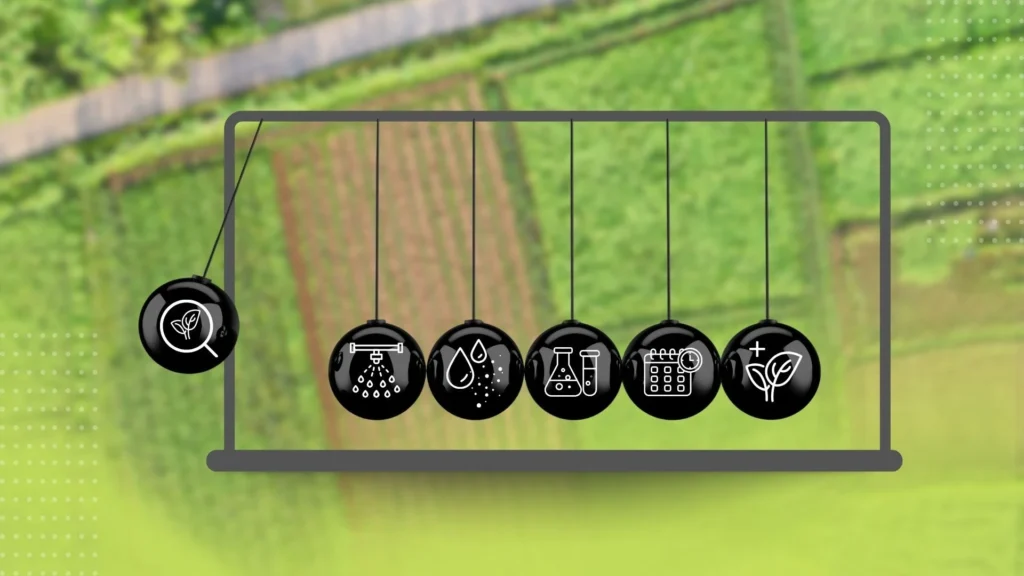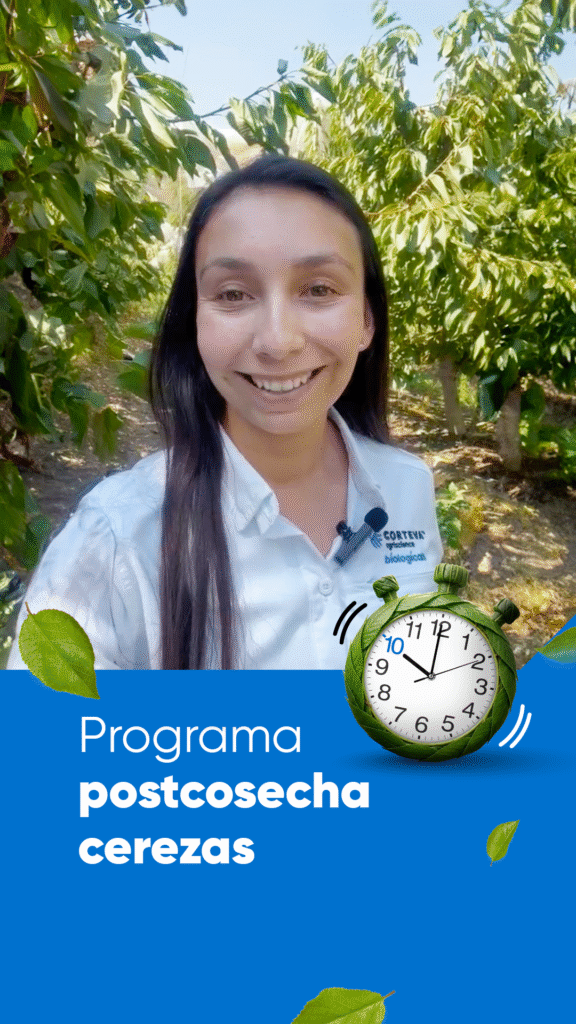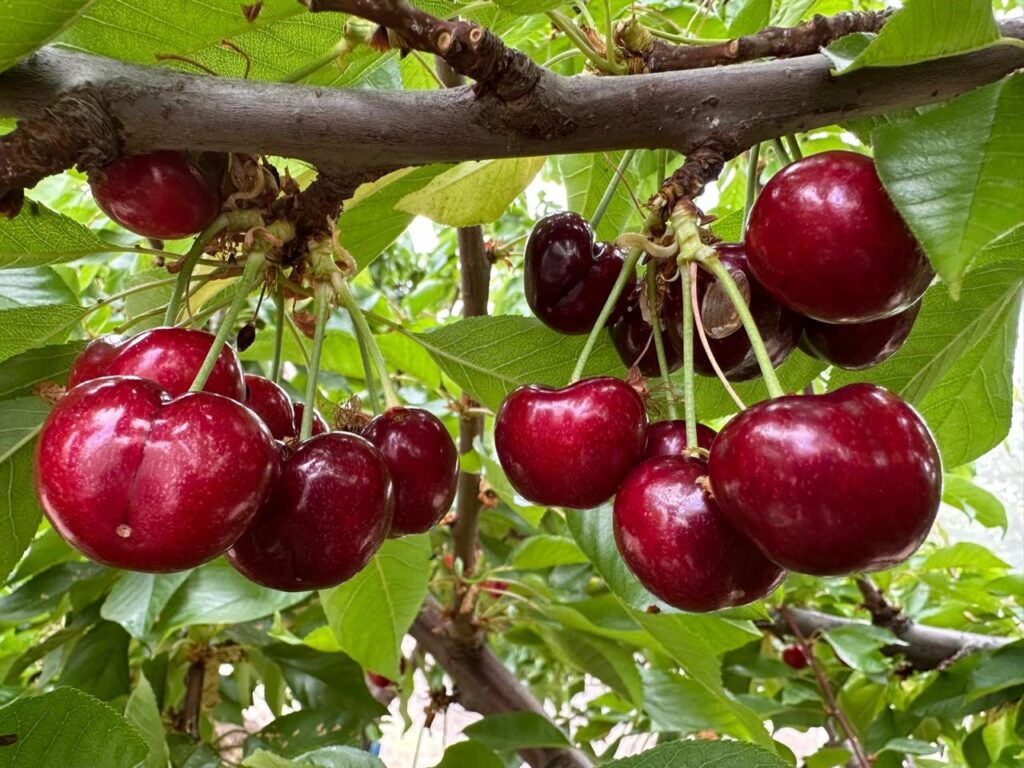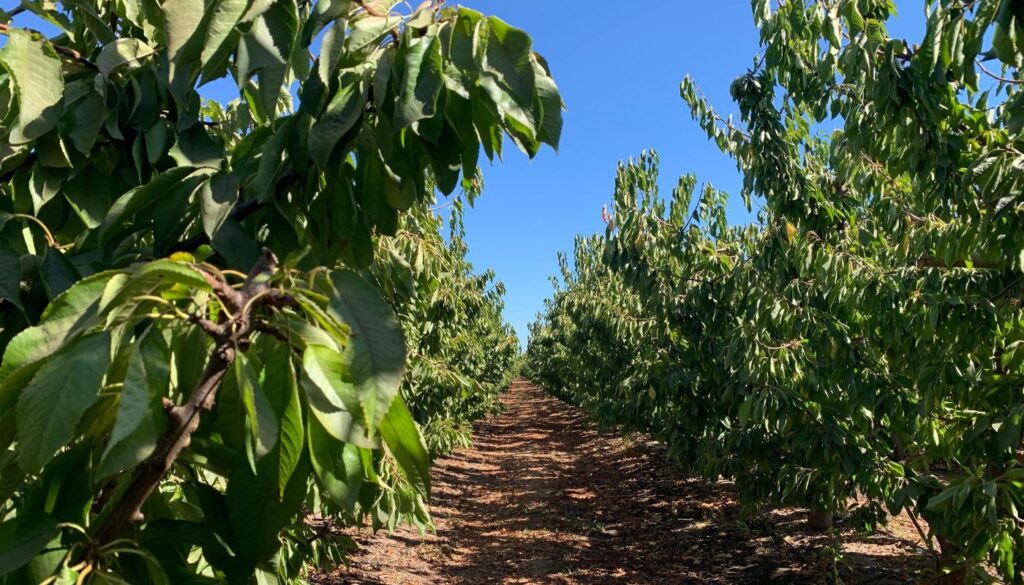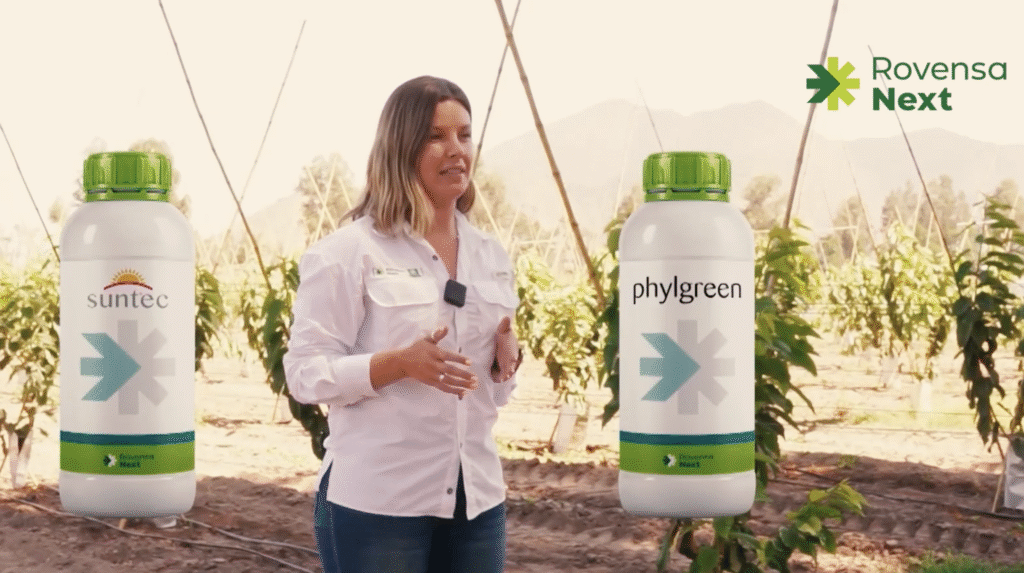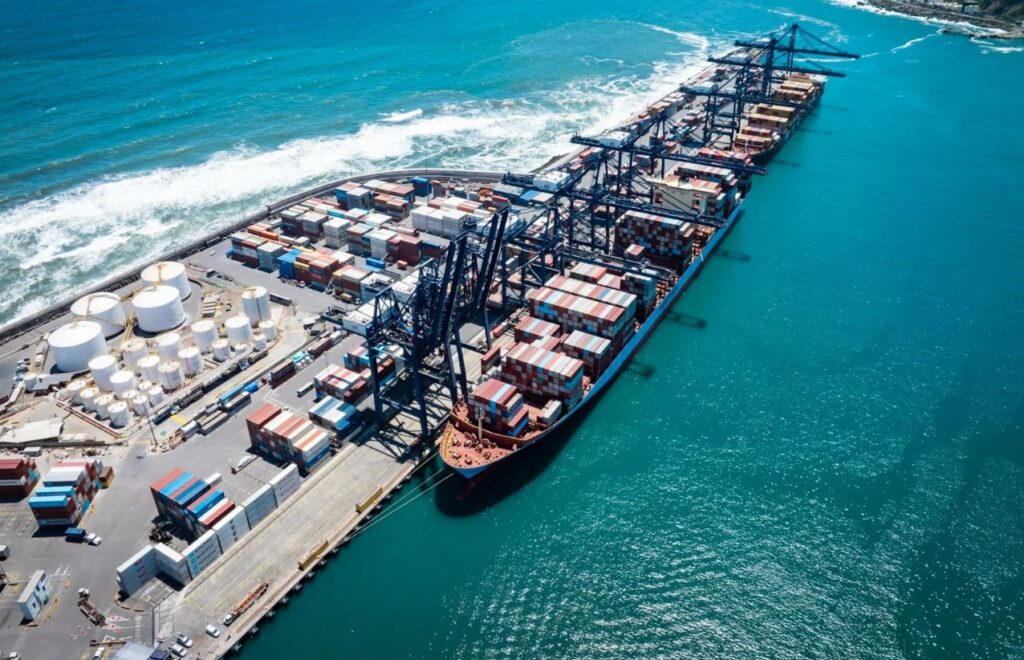In the current context of Chile, where energy costs have risen considerably in recent days, it is essential to look for ways to reduce electricity consumption. An effective way to do this is by optimizing the irrigation of gardens and agricultural fields.
Here are some key strategies to achieve more efficient irrigation and thus reduce your energy bill.
- Install more efficient irrigation systems
Efficiency can be achieved by avoiding evaporation losses and avoiding delivering more water than the plant needs. Drip irrigation and subsurface irrigation are techniques that help avoid losses, while programmable irrigation systems can be used to set specific schedules and precise amounts required by each crop. - Use humidity sensors
Soil moisture sensors are valuable tools for determining when and how much water your plants need. By installing these sensors, you can ensure that irrigation is only activated when necessary, thereby reducing water and energy consumption. - Take advantage of rainwater
Installing rainwater harvesting systems is an excellent way to reduce the use of potable water for irrigation. This water can be stored in tanks and used during dry periods, reducing the dependence on traditional water sources and the energy consumption associated with pumping. - Implement night irrigation practices
Watering at night or in the early morning hours can be more efficient, as temperatures are lower and evaporation is less. This means less water is needed to achieve the same effect, which translates into lower energy use. - Regular maintenance of the irrigation system
Make sure your irrigation system is in good working order. Fixing leaks and blockages, and adjusting sprinklers to aim correctly, can significantly improve irrigation efficiency and reduce energy consumption.
By implementing these tips, you can significantly reduce your electricity consumption, save money and contribute to a more sustainable use of resources.
In addition to reducing your energy bill, more efficient irrigation can also contribute to water conservation, an increasingly scarce resource in many regions of Chile. Adopting these practices is not only good for your wallet, but also for the environment.



